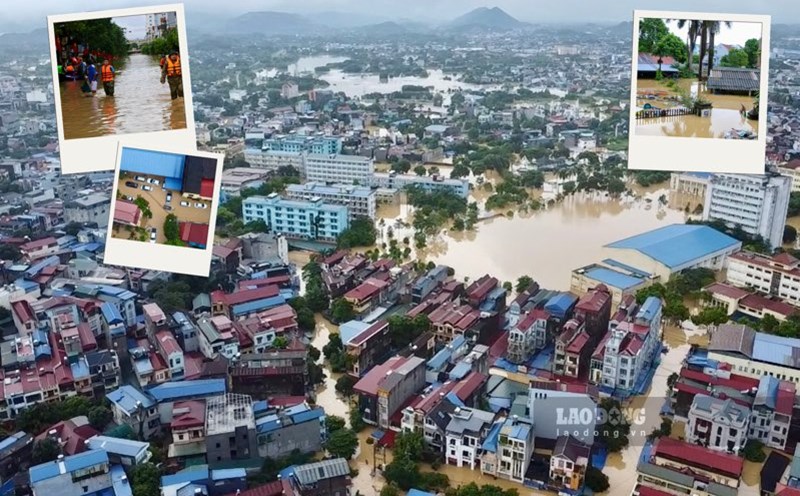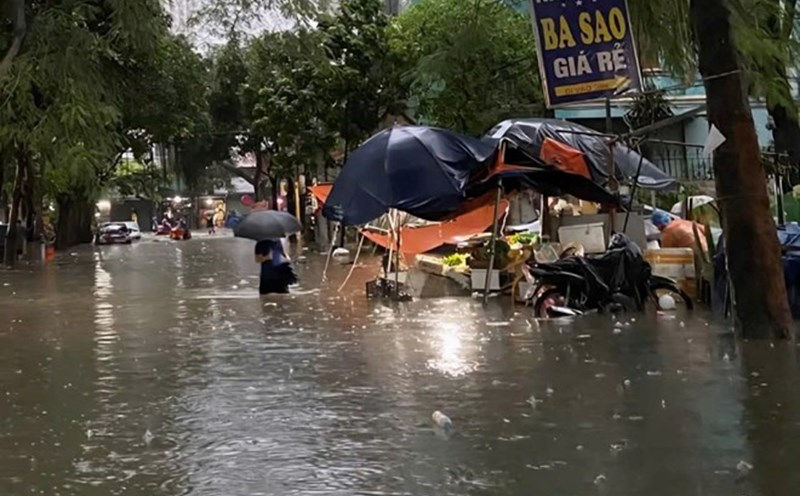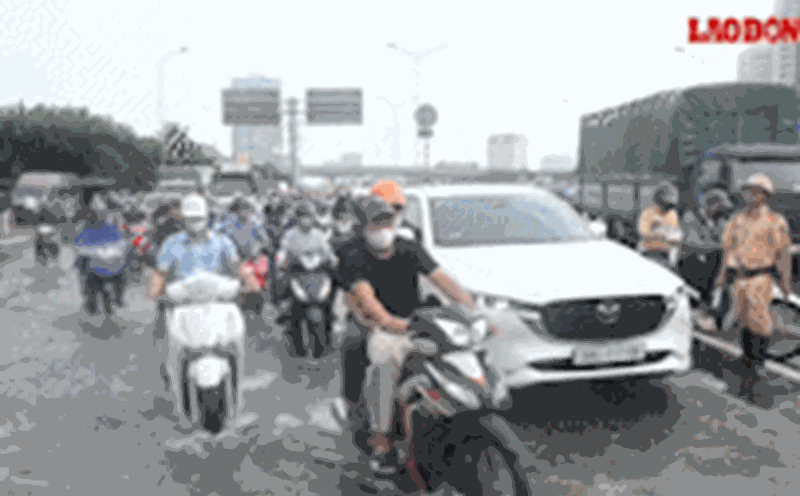Taxing unused land is necessary
At a meeting with voters in 9 northern communes of the Red River before the 10th session of the 15th National Assembly, General Secretary To Lam emphasized the serious inadequacy in land management and use. General Secretary To Lam pointed out that land prices are being inflated "horrifically", while hundreds of thousands of hectares of land have been left fallow for many years, causing serious waste. The General Secretary affirmed that he would impose a heavy tax on vacant land to force it into use, avoiding the loss of national resources.
Lawyer Pham Thanh Tuan - Hanoi Bar Association, real estate legal expert - commented that taxing real estate on unused land is a necessary thing. Currently, there are two main groups of land users including businesses and individuals. However, the regulation on sanctions or financial obligations for the act of delaying land use and land abandonment is not consistent.
Citing this, lawyer Pham Thanh Tuan - said that the 2013 Land Law (Article 64, Clause 1, Point h) and the 2024 Land Law (Article 81, Clause 8) only stipulate that if a business is allocated land or leased land by the State and is slow to put the land into use for 12 consecutive months from the date of land handover on site or 24 months compared to the progress of the investment project, it can be extended for land use by 24 months and must pay late land use fees. If after 24 months the land has not been put into use, the state will reclaim it and will not compensate for the land and assets on the land. Thus, the fact that businesses are slow to put land into use has had very strict regulations, as a basis for handling the case of investors deliberately slow to put land into use.
However, the Land Law and current regulations only have individual regulations if agricultural land (including land for growing annual crops, aquaculture, perennial crops, and forestry land) is not given for 18 - 24 months and has been administratively sanctioned but is still slow to put the land into use, the State can reclaim the land (Article 81, Clause 7, Land Law 2024). There are no regulations on land recovery for individuals using residential land, unused or abandoned non-agricultural land.
The regulations on tax law also do not stipulate higher taxes or taxes for the act of not putting land into use, especially for individuals.
Thus, it is clear that with current regulations, individuals who buy commercial real estate and then leave it abandoned, do not use land are not subject to any sanctions and are not subject to a higher tax rate than normal land users. This is unreasonable in land and tax policies.
The land management data system is not yet fully digitized
Ms. Giang Huynh - Director of Savills Research Department - commented that on the positive side, if designed reasonably and implemented effectively, the policy of taxing abandoned real estate can bring many long-term benefits. The policy will help limit speculation, forcing real estate owners to consider the effectiveness of asset exploitation instead of just holding them to wait for prices to increase.
At the same time, this also puts pressure on both buyers and project developers, forcing them to calculate the actual exploitation capabilities, thereby promoting the market towards customers with real needs for use, instead of just serving the purpose of surfing.
According to Ms. Giang Huynh, to be able to apply effectively, this policy will have to overcome some challenges. First of all, there needs to be a clear and practical definition of the concept of not used. In fact, many real estates may be delayed after handover due to reasons such as financial difficulties, an un formed rental market, or being in the process of trade negotiations.
The current land management data system has not been fully digitized and lacks uniformity, making it difficult to track current owners, determine the time the real estate is vacant, as well as monitor and record the status of use over time. This will be a major barrier in the policy implementation process if a transparent, complete and connected data platform has not been built.
Mr. Nguyen Van Dinh - Chairman of the Vietnam Association of Realtors (VARS) said that in order to regulate the market to develop in a safe, healthy and sustainable direction, so that land prices increase and decrease in line with the market, the issuance of an unused real estate tax policy is an urgent task that cannot be ignored. However, using tax tools to regulate the market also faces many challenges. To effectively and transparently use tax tools, State management agencies promote the construction and completion of information systems and databases on Vietnam's housing and real estate markets. This requires large investments in technology and human resources.











